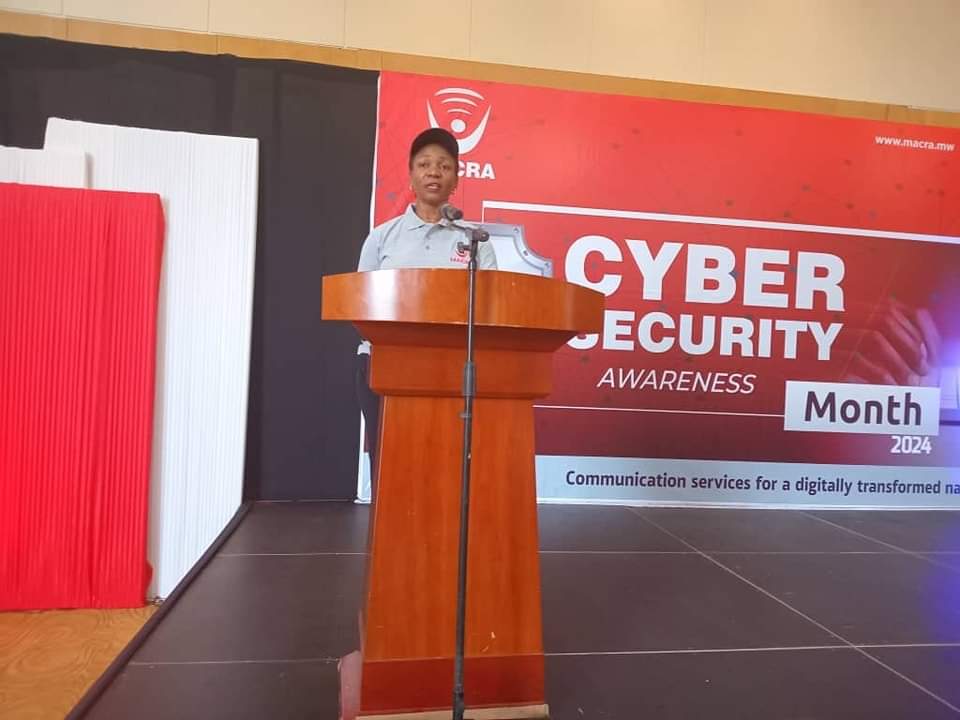By Burnett Munthali
Introduction
Minister of Labour Vitumbiko Mumba’s unannounced inspection of Central Poultry (CP) Feeds in Kanengo has revealed troubling workplace conditions, sparking public outrage and raising crucial questions about corporate accountability. The inspection exposed significant health and safety violations, poor sanitation, and exploitative labor practices affecting over 650 employees. To gain a deeper understanding of the implications of these findings, I spoke with Rick Dzida, a social commentator and advocate for workers’ rights.
Questions
1) What is your initial reaction to the findings Minister Mumba highlighted during his visit to CP Feeds?
Rick Dzida (RD): My initial reaction is one of concern and alarm. The discovery of poor sanitary conditions, unsafe working environments, and exploitative labor practices at a major company like CP Feeds is deeply troubling. This reflects a disregard for the health and safety of employees. Workers were found operating without basic protective gear, violating basic occupational safety laws. The decision by Minister Mumba to shut down the factory until these issues are addressed is commendable. However, it is essential that this is not just a temporary fix, but rather a sustained effort to overhaul the company’s practices, ensuring long-term improvements in worker welfare.
2) How do such deplorable working conditions affect the overall well-being and productivity of employees?
RD: Deplorable working conditions have far-reaching consequences on both the physical and mental well-being of employees. Inadequate safety measures expose workers to injuries and illnesses, which can lead to chronic health issues such as respiratory problems or even life-threatening diseases. Mentally, the stress of working in unsafe environments causes anxiety and low morale, reducing job satisfaction. This results in reduced productivity, increased absenteeism, and high turnover rates. The broader social impact also cannot be ignored—poor conditions perpetuate poverty and hinder workers’ families from thriving.
3) The Minister noted the lack of protective gear for employees working in hazardous environments. What measures should companies like CP Feeds adopt to ensure the safety and health of their workers?
RD: Companies like CP Feeds must prioritize workplace safety by conducting thorough hazard assessments and providing employees with necessary personal protective equipment (PPE) like gloves, helmets, and respirators. Regular safety training should be implemented, educating workers about safety protocols and emergency procedures. Additionally, fostering a culture of safety through employee involvement, ensuring equipment is properly maintained, and implementing a clear reporting system for safety concerns are crucial steps in creating a safer work environment.
4) The workers’ complaints of 11-hour shifts and low wages point to exploitation. How prevalent is this issue across Malawi’s private sector, and what can be done to address it?
RD: Exploitation is rampant in Malawi’s private sector, particularly in agriculture, manufacturing, and informal industries. Many workers endure long hours, often exceeding 12 hours per day, with low wages that barely meet basic needs. To address this, the government needs to strengthen labor laws, ensuring they are enforced. Increasing labor inspections, promoting collective bargaining, and supporting worker unions are critical steps to protecting workers from exploitation. Furthermore, the government must increase the minimum wage to align with the cost of living and ensure basic dignity for workers.
5) Sanitation issues, including insufficient toilets and unsanitary kitchens, were also highlighted. What does this say about compliance with basic workplace standards in Malawi?
RD: The sanitation problems at CP Feeds are indicative of a broader issue of non-compliance with basic workplace standards in Malawi. These violations are clear breaches of Malawi’s labor laws, which mandate that employers provide a safe and healthy environment for workers. This situation reflects a lack of effective enforcement of labor laws, as well as a corporate culture that neglects employee welfare. It is a reminder that labor inspections need to be more frequent, thorough, and impactful.
6) Minister Mumba has pledged immediate action to hold CP Feeds accountable. What steps should the government prioritize to ensure effective enforcement of labor laws?
RD: The government should focus on strengthening labor law enforcement by increasing the capacity of labor inspectors and ensuring they have the necessary resources to do their work effectively. Regular, unannounced inspections are crucial, as are stronger penalties for companies that violate labor laws. Moreover, enhancing transparency and ensuring that violations are promptly addressed will help deter future abuses. Collaboration with trade unions, civil society organizations, and employers is also essential to promote a fair and safe working environment for all.
7) Labor unions are essential in defending workers’ rights. Do you believe Malawi’s unions are doing enough, and how can they improve their advocacy in cases like this?
RD: While labor unions in Malawi play an important role, they face several challenges, including limited resources and a fragmented structure. To improve their advocacy, unions need to increase membership, particularly in the informal sector, and coordinate efforts across sectors. Stronger relationships with policymakers and employers will enable unions to influence labor policy effectively. Additionally, unions must focus on educating workers about their rights and providing legal and practical support for reporting violations.
8) Fear of retaliation often discourages workers from reporting abuses. What strategies can be implemented to empower employees to voice their concerns safely?
RD: It’s essential to create an environment where workers feel safe to report abuses. This can be achieved through confidential reporting mechanisms such as anonymous hotlines or online platforms. Additionally, clear anti-retaliation policies must be enforced to protect whistleblowers. Regular communication with workers about their rights, proper training, and establishing independent investigative processes will foster transparency and accountability. Employers should demonstrate a commitment to ensuring a safe reporting environment.
9) Beyond addressing this specific case, what systemic reforms are necessary to prevent such violations from recurring in Malawi’s workplaces?
RD: Systemic reforms are needed to address the root causes of labor violations in Malawi. Strengthening labor laws and regulations, improving enforcement, and ensuring that workplace inspections are regular and thorough are essential. Additionally, labor unions should be empowered to support collective bargaining and advocate for better working conditions. Educating both workers and employers about labor rights and responsibilities is a critical step in creating a fairer and safer work environment.
10) Lastly, what message would you like to convey to the management of CP Feeds and other employers neglecting the rights and welfare of their workers?
- RD: My message to the management of CP Feeds and other similar employers is clear: neglecting workers’ rights is not only unethical but also harmful to the long-term success of your business. A safe and healthy work environment is a fundamental right of every worker, and failure to provide this is a violation of both moral and legal standards. Employers must prioritize their employees’ welfare, not just for legal compliance but for the long-term sustainability of their business. Treat workers with dignity, respect their rights, and invest in their well-being—this is the foundation of a productive and ethical company. Conclusion
The disturbing findings from Minister Vitumbiko Mumba’s visit to CP Feeds have shed light on the serious challenges facing Malawi’s workforce, from poor health and safety practices to exploitative working conditions. As Rick Dzida has highlighted, there is a need for systemic reforms, stronger enforcement of labor laws, and greater worker empowerment to prevent such violations from recurring. It is crucial for both the government and corporate sector to work together to ensure that workers are treated with the respect and dignity they deserve.



